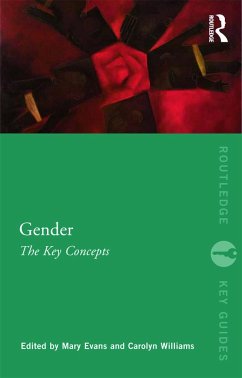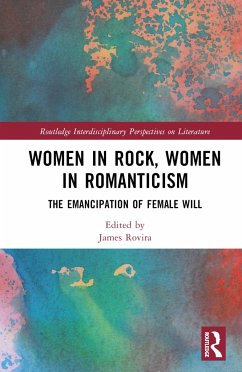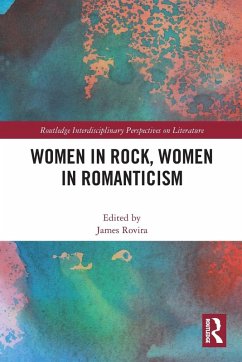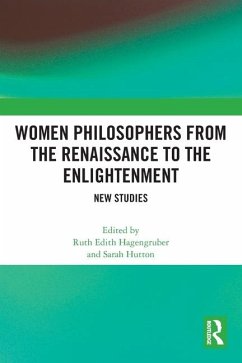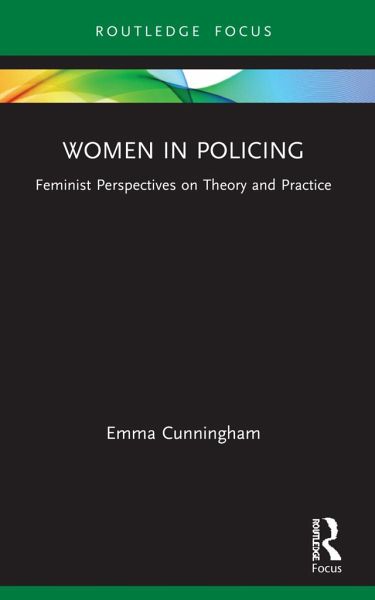
Women in Policing
Feminist Perspectives on Theory and Practice
Versandkostenfrei!
Versandfertig in 6-10 Tagen
24,99 €
inkl. MwSt.
Weitere Ausgaben:

PAYBACK Punkte
12 °P sammeln!
Women in Policing provides an insight into women's role within policing, their emergence, and development, offering a theoretical underpinning to explore this role as well as incorporating two empirical studies, one which reassesses the lived experiences of female officers, and one based on FOI requests to examine police officer disciplinary offences in three police force areas.The book begins by exploring some of the history of ideas in relation to ideas about women and their supposed nature. Cunningham shows how a variety of feminist ideas and critique are of vital importance in illuminating...
Women in Policing provides an insight into women's role within policing, their emergence, and development, offering a theoretical underpinning to explore this role as well as incorporating two empirical studies, one which reassesses the lived experiences of female officers, and one based on FOI requests to examine police officer disciplinary offences in three police force areas.
The book begins by exploring some of the history of ideas in relation to ideas about women and their supposed nature. Cunningham shows how a variety of feminist ideas and critique are of vital importance in illuminating and critiquing the place of women within this field and provides a feminist lens with which to explore these themes critically. The book also examines the re-emergence of these ideas about women in current women and policing literature. Together, exploration of these sources using a feminist conceptual framework facilitates a new, rich analysis that is both reflective and reflexive, culminating in a novel snapshot of the place of women in policing in England. She argues that accepting both institutional racism and institutional misogyny are vital in approaching transformational change in policing practice. The book concludes with a discussion around how these findings can help with police confidence and legitimacy in the future.
A fundamental examination of the ideas underpinning how women's integration and continuation in policing has happened, where it is currently, and where it may go, Women in Policing will be of great interest to police practitioners and students as well as Criminology, Sociology, and Law and Policing scholars.
The book begins by exploring some of the history of ideas in relation to ideas about women and their supposed nature. Cunningham shows how a variety of feminist ideas and critique are of vital importance in illuminating and critiquing the place of women within this field and provides a feminist lens with which to explore these themes critically. The book also examines the re-emergence of these ideas about women in current women and policing literature. Together, exploration of these sources using a feminist conceptual framework facilitates a new, rich analysis that is both reflective and reflexive, culminating in a novel snapshot of the place of women in policing in England. She argues that accepting both institutional racism and institutional misogyny are vital in approaching transformational change in policing practice. The book concludes with a discussion around how these findings can help with police confidence and legitimacy in the future.
A fundamental examination of the ideas underpinning how women's integration and continuation in policing has happened, where it is currently, and where it may go, Women in Policing will be of great interest to police practitioners and students as well as Criminology, Sociology, and Law and Policing scholars.





